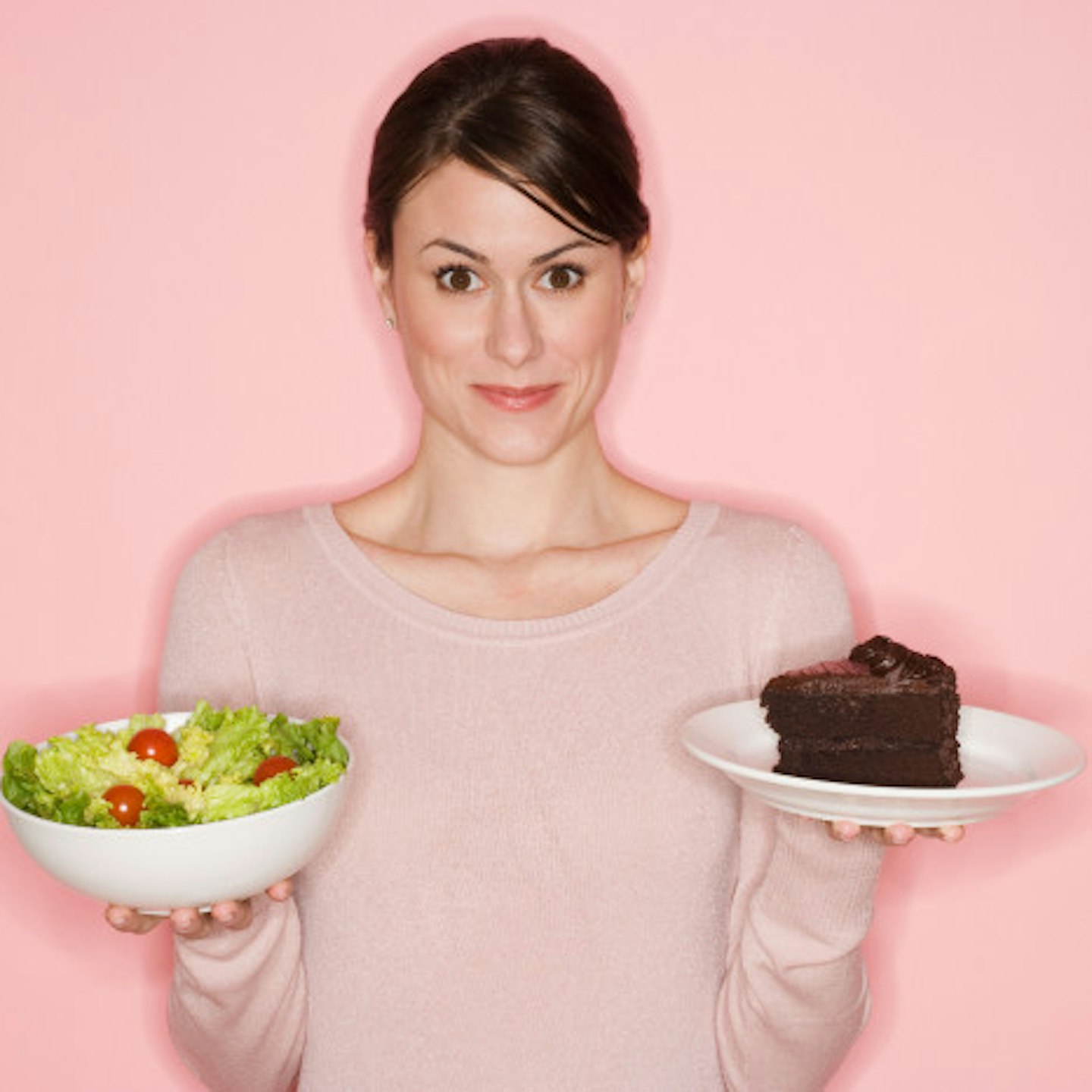What is the first thing I should do if I'm suffering from symptoms of a mental illness such as depression, hallucinations, anxiety and OCD?
Discuss this with your GP to establish whether there is a problem, and how to treat or manage it. However, many people with mental health problems don’t notice they have an issue - if family or friends show concern, you need to listen to them and accept their opinions, as you may be the last to notice.
What should I do if a loved one is suffering symptoms?
Discuss your concerns with them. They may not be aware, and it is much easier to deal with any issues once they accept them. If they don’t it may be very difficult to get them engaged with treatments or services. If they won’t accept the problem, then depending on the type and severity you might wish to contact a healthcare provider on their behalf.
What should I expect when I go to the doctor?
The Doctor will want as much information as possible to diagnose the problem and manage it. This is could include the symptoms, when they started, if constant or intermittent, duration and severity, and any triggers. The Doctor should then discuss possible causes, and may need to do a brief physical examination, or even blood tests to rule out certain conditions that can mimic the symptoms you have. He or she is likely to discuss several options for management and include your thoughts and opinions. This may include counselling or in some cases medications or even referral to a specialist.
Will I be referred?
If you are presenting with symptoms of a severe mental illness like schizophrenia or manic depression then your Doctor will want to refer you to a specialist, however, this is relatively rare. 1 in 4 of the population suffers with a mental health condition, and the most common (approximately 1 in 5) relates to anxiety and depression. If it is mild and stress related, you may be able to manage this in the GP setting, perhaps with counselling.
If I need counselling will that be available straight away?
The more information the Doctor has the easier it is for healthcare professionals to gauge how soon you need to be seen. Local processes should be in place to provide urgent access to counselling if needed, ie, if your health, or the health of others around you, is at risk. For most people with mild or moderate symptoms there may be a small waiting time, but if this is considered too long then your Doctor may arrange his own follow up with you to check on how you are in the meantime.
What resources are available in event of a mental health emergency?
If your health, or those around you, are at risk, your Doctor will recommend you are seen and assessed by a specialist that same day. This may involve being assessed by a specialist "crisis" team of mental health counsellors or CPNs (community psychiatric nurses) or even admission into hospital for assessment by a consultant psychiatrist - although this is very rare.
How can medication help in terms of anxiety and depression?
Your Doctor may not recommend medication straight away, as he or she may want further tests or to try counselling. Some medications, like newer antidepressants, take several weeks to really start working. And although medications can help improve how you feel, and cope, in the short term, they do not address the reasons why you developed anxiety and/or depression in the first place, which will need to be done for long term management. Therefore, although medications may have a role, do not rely on these to "cure" the problem, and don't be surprised if your Doctor still encourages ongoing counselling.

What different types of medication are there?
Different types of antidepressants work in slightly different ways. The most common raises the level of serotonin, which has been found to drop when we are suffering with stress or low mood. Physical activity can also raise serotonin.
The type will be chosen based on how they work and any possible (mild) side effects.
If your symptoms are predominantly stress and anxiety related, without any obvious depression, and you have no medical condition that prevents their use (eg asthma) the doctor may consider using a beta-blocker, which can help calm you down.
Many more medications are available, but the benefits/risks of each need to be carefully considered, especially with those shown to be addictive. Sleeping tablets and a group of drugs called benzodiazepines are not commonly used these days.
How important is diet in relation to mental health?
A good diet, and more importantly a healthy weight, is very important to good mental health. Good balanced nutrition can boost mental health. Micronutrients, vitamins and minerals all have important roles to play in keeping our mind healthy and processed foods do not seem to have the same effect, and often the opposite.
There is considerable evidence that links obesity with depression and this can be a "chicken and egg" relationship. Does the obesity cause depression or does the depression cause comfort eating resulting in further weight problems? There is also evidence that the likelihood of major depression increases as weight, or BMI (Body Mass Index) increases, ie, the heavier you are, the more likely it is.
What foods should I eat more of/ less of to keep my mind healthy?
Increasing the consumption of wholegrains, cereals, nuts, beans, lentils, fruit and vegetables all increases levels of microniutrients, such as thiamine, folate and zinc which are all beneficial.
Increasing protein intake boosts beneficial trytophans to the brain and eating more fish (especially oily fish) increases levels of essential omega 3 & 6 oils which have all been shown to help with brain function and mental health.
It is important to remember that hydration levels (the amount of fluid we drink) are also very important, but alcohol can have a very adverse effect on mood.
As a general rule, processed foods have few beneficial effects, and in some cases may have adverse effects.

The important thing to aim for is nutritional balance.
How can I combat emotional eating?
This is a critical area – if you are dieting, it’s important to address the underlying reasons for over-eating, or there is an increased likelihood of putting all of that weight back on.
You may need the help of specialist weight management Counsellors - "talking therapists" who can teach you techniques to overcome this.
If I'm worried about a loved one’s eating habits what support is there available?
Your GP surgery will be able to help, and advise of other services. Any help with healthy eating, weight loss to achieve a healthy weight, behaviour change and increasing physical activity will have massive effects on improving your health and mind.
Find out more at www.lighterlife.com or on Twitter at @lighterlife
_646x363.jpg?ar=16%3A9&fit=crop&crop=top&auto=format&w=1440&q=80)